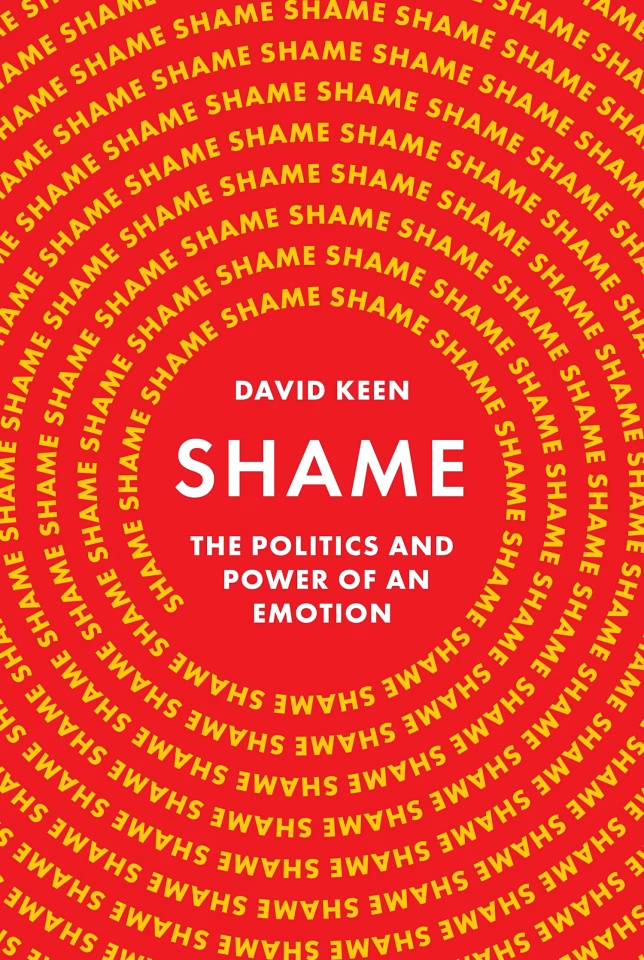It is one of the more remarkable paradoxes of the present, and perhaps a signature trait of our time: as the redemptive virtues of social shaming are being rediscovered, a new politics of shamelessness is on the rise. Contemporary vocabulary accommodates “microaggressions” and other real and perceived slights, institutions and companies offer sensitivity training, and the artfully cultivated awareness of even the minutest forms of bias has given rise to an enlightened patois that, rather than undermining social distinctions, on some occasions even bolsters them. Show me how you speak, and I can tell you what your credentials are.
Progress on the anti-discrimination front, however, risks being obliterated by a new breed of ideologues, media personalities, and politicians who positively revel in shattering long-held tenets of social decorum. Their weapon is an ostensibly unfettered straight talk that, in reality, turns out to be a paroxysm of rhetorical violence. Competing for outrageousness, humiliating opponents, denigrating minorities, mocking the most vulnerable groups in society – these are strategies that have long been considered beyond the pale, and a sure sign of a candidate’s unfitness for office. Increasingly, though, they are a source of pleasure that is not guilty but brazen, and a vote winner at that.
How do decision-makers manipulate the shame of others to fuel their own performative shamelessness? And how can this trend be countered? In Shame: The Politics and Power of an Emotion, David Keen offers a wide-ranging global survey of the uses and abuses of a formidable affect.
About the author
David Keen is a social anthropologist and professor of conflict studies at the Department of International Development at the London School of Economics and Political Science. His previous books include The Benefits of Famine and When Disasters Come Home.
